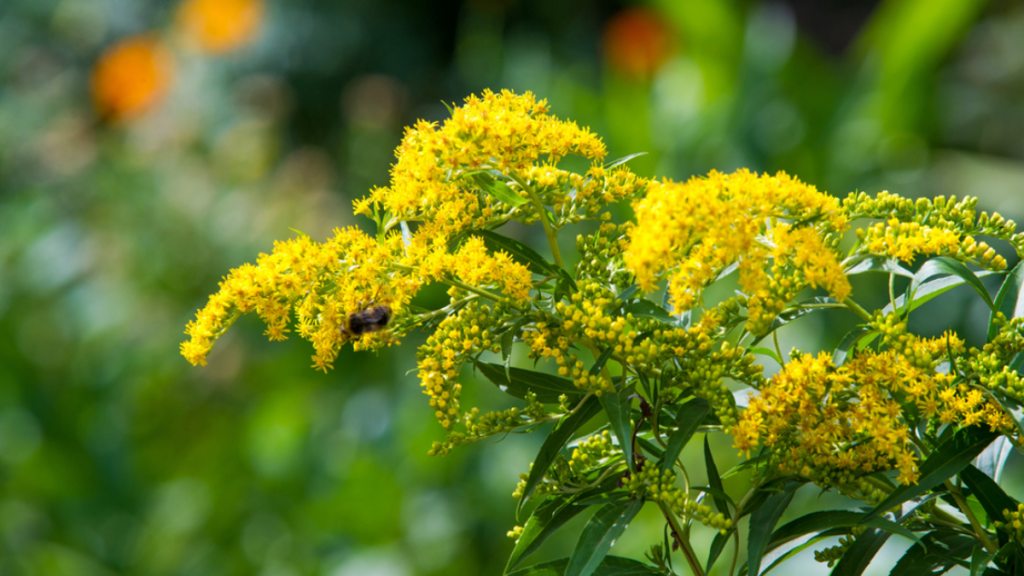Over the past few decades, there’s been a significant and heartening shift in the gardening world. More and more Americans are not just turning their backs on exotic ornamental plants but wholeheartedly embracing native species in their gardens.
This change isn’t just about aesthetics or following a trend. It’s a conscious decision rooted in a deeper understanding of our environment, the intricate web of life, and the pivotal role that plants play in local ecosystems. By choosing native plants, gardeners are making a statement about their commitment to the environment and the future.
Understanding the Shift
The trend toward native plant gardening isn’t a mere whim of fashion in the gardening community; it reflects a broader societal understanding of the environment and the symbiotic relationships between plants, animals, and their surroundings. Native plants, having co-evolved with local wildlife, soil, and climatic conditions, are uniquely tailored to flourish in their native regions, making them a natural choice for sustainable gardening.
Environmental Benefits
Opting for native plants in your garden brings a plethora of environmental advantages. These plants typically require less water, fewer fertilizers, and minimal care compared to their non-native counterparts. This not only translates to savings in terms of time and money for gardeners but also significantly reduces the environmental footprint of maintaining a garden. It’s a win-win for both nature and garden enthusiasts!
Supporting Local Wildlife
One of the most compelling reasons to choose native plants is their ability to provide essential habitats and food sources for local wildlife. Birds, bees, butterflies, and even small mammals benefit from native gardens. By making this choice, gardeners can play a pivotal role in supporting and enhancing biodiversity right in their own backyards, creating a haven for creatures big and small.
Resilience to Pests and Diseases
Having evolved in their specific environments over millennia, native plants have developed intricate defenses against local pests and diseases. This resilience means gardeners can often avoid using harmful pesticides, promoting a healthier garden ecosystem and reducing potential health risks for those enjoying the garden.
Cultural and Aesthetic Value
Beyond their environmental benefits, native plants offer a unique and authentic aesthetic that resonates with the natural beauty and spirit of a region. They serve as living reminders of our landscapes’ rich natural heritage and the stories the land holds, adding depth and meaning to our gardens.
Embarking On Your Native Plant Garden Journey
Before diving headfirst into the world of native plant gardening, it’s crucial to familiarize yourself with the native plants specific to your region. A great way to do this is by using a ZIP Code native plant finder, which provides a list of plants suited to your specific area, making the selection process easier and more tailored.
Join a Community and Learn
There’s a wealth of knowledge and support available for those interested in native plant gardening. Organizations like Garden for Wildlife are dedicated to this cause, offering a range of resources, guidance, and community support for gardeners eager to make a positive environmental impact.
Start Small and Dream Big
Transitioning to a native plant garden doesn’t require a complete overhaul from day one. Begin by introducing a handful of native plants to your garden. As you witness their benefits and beauty, you’ll likely feel inspired to expand your collection, gradually transforming your space into a native plant paradise.
A Future Intertwined with Nature
The growing momentum toward native plant gardens in the US is more than just a gardening trend; it reflects a broader movement toward sustainable, environmentally-conscious living.
By making a choice to embrace native plants, we’re not merely adding beauty to our personal spaces; we’re nurturing the environment, supporting local ecosystems, and taking steps to preserve the natural heritage of our landscapes for generations to come.
So, as you contemplate your next garden project, consider the profound impact of going native. It’s a choice that benefits us all.
Laila Azzahra is a professional writer and blogger that loves to write about technology, business, entertainment, science, and health.
